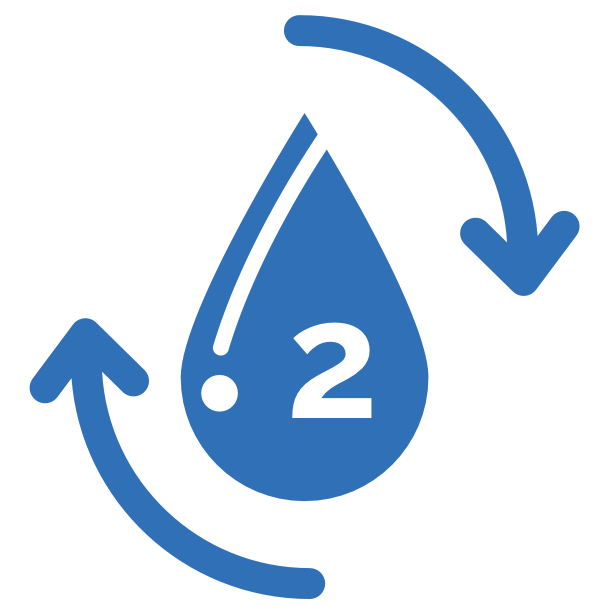
Circular Water Economy
Clean Ocean Foundation continues to work cooperatively with all levels of the water sector. This is to effect much needed change in the way decisionS are made by adopting a deliberative democratic approach to major infrastructure decisions, and fostering the adoption of a strategy to protect our marine environment and ecosystem in establishing a truly circular approach to water and waste management.
We have been active as a member in Open Cities Alliance, a key advocate for a circular economy approach to infrastructure as well as its antecedent NSW Circular and presented papers at The Australia New Zealand Society for Ecological Economics (ANZSEE).
For there to be action, there needs to be a strategy. Having national oversight of coastal outfall upgrades has revealed the opportunity for significant benefits in terms of water security, minimising ocean pollution and financial gain.
This oversight needs to encompass:
POLLUTION CAP ON ALL OUTFALLS
Stop the use of the ocean as a rubbish dump. Licence limits for all Australian sewage treatment plants and industrial outfalls to be capped by 2025. No new domestic or industrial outfalls permitted.
UPGRADE ALL OUTFALLS
Upgrade all outfall discharges to bring Australia in to alignment with European Union (EU) standards. This includes the removal of all contaminants of concern including PFAS and microplastics.
WATER RECYCLING TARGETS
Commitment to water recycling and waste water diversion targets to stop ocean pollution, secure water supplies and stop inappropriate reliance on energy intensive desalination.




